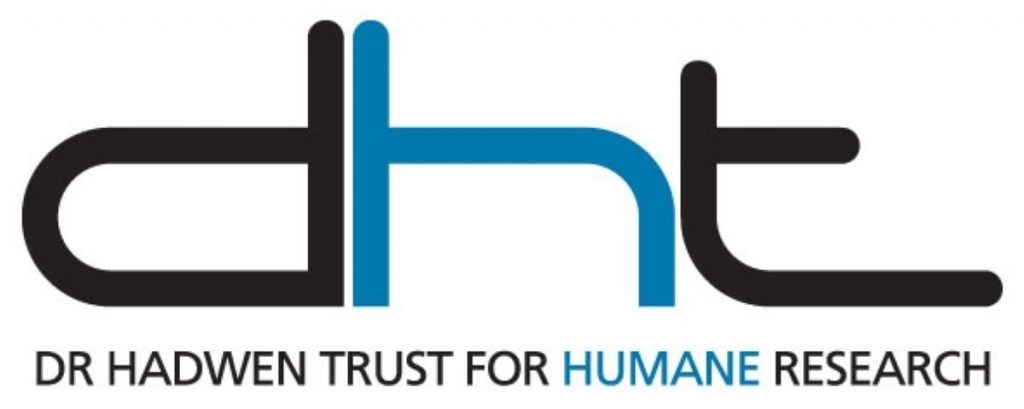Dr Hadwen Trust: Government funding for NC3Rs increases, but still not enough
Ian Pearson, Minister of State for Science and Innovation has announced that funding for the National Centre for the Replacement, Refinement and Reduction of Animals in Research (NC3Rs) is set to increase from £2 million to £5 million per annum over the next three years.
The funding, which comes via the Medical Research Council (MRC) and the Biotechnology and Biological Sciences Research Council (BBSRC) is set to increase the research funded by the NC3Rs, and also its impact.
The NC3Rs says extra money will allow it to broaden its reach in the scientific community and fund more research to minimise the use of animals and improve their welfare where they are still used. In making the announcement, Ian Pearson said that “we should always look for alternatives and Government is committed to the replacement, refinement and reduction of animals in research.”
The Dr Hadwen Trust welcomes the news that the government is increasing funds for the NC3Rs. The last two years have seen the Dr Hadwen Trust significantly increase pressure on the government to implement more meaningful funding solutions on replacement, and we are pleased to see some positive action on a previously much neglected area. However, the charity warns that the government could still do much better. Comparing the sum to other types of alternatives research where government support is plain, shows the relative paucity of the £5 million funding.
For example since 1999, the government has laudably committed over £100 million to support R&D in clean energy technologies. In 2005 it also launched a £50 million marine renewables deployment fund[i]. This level of funding more accurately represents the cost of developing new technologies and the government urgently needs to mirror this in developing non-animal replacement methods.
The NC3Rs, unlike the Dr Hadwen Trust, uses a proportion of its income to fund some animal research. This research is aimed at refining animal experiments, but does not tackle what must be the ultimate aim, replacing animals in research.
The government has, in the past, claimed to be spending up to £10 million on alternatives[ii], but in making this latest announcement it appears to be now admitting that the real figure is less than half that. Research into non-animal replacements is strongly supported by the public[iii] as well a being an ethical and scientific necessity. Thanks to the efforts of organisations such as the Dr Hadwen Trust, the NC3Rs as well as other experts in the field, the government is at last taking more seriously its responsibility to commit more funding to replacements. However, for the sake of both humans and animals, the Dr Hadwen Trust hopes that this is a sign of greater things to come.
Notes:
——————————————————————————–
[i] Energy White Paper 23 May 2007. http://www.berr.gov.uk/files/file39387.pdf
[ii] Parliamentary Question 15 Dec 2003 answered by Caroline Flint (then Home Office Minister): “Indeed, it is estimated that the total spent across Government is in the region of £2 million to £10 million each year.”
[iii] 77% believe there needs to be more research into alternatives to animal experimentation. Views on Animal Experimentation, IPSOS MORI December 2006.





-01.png)